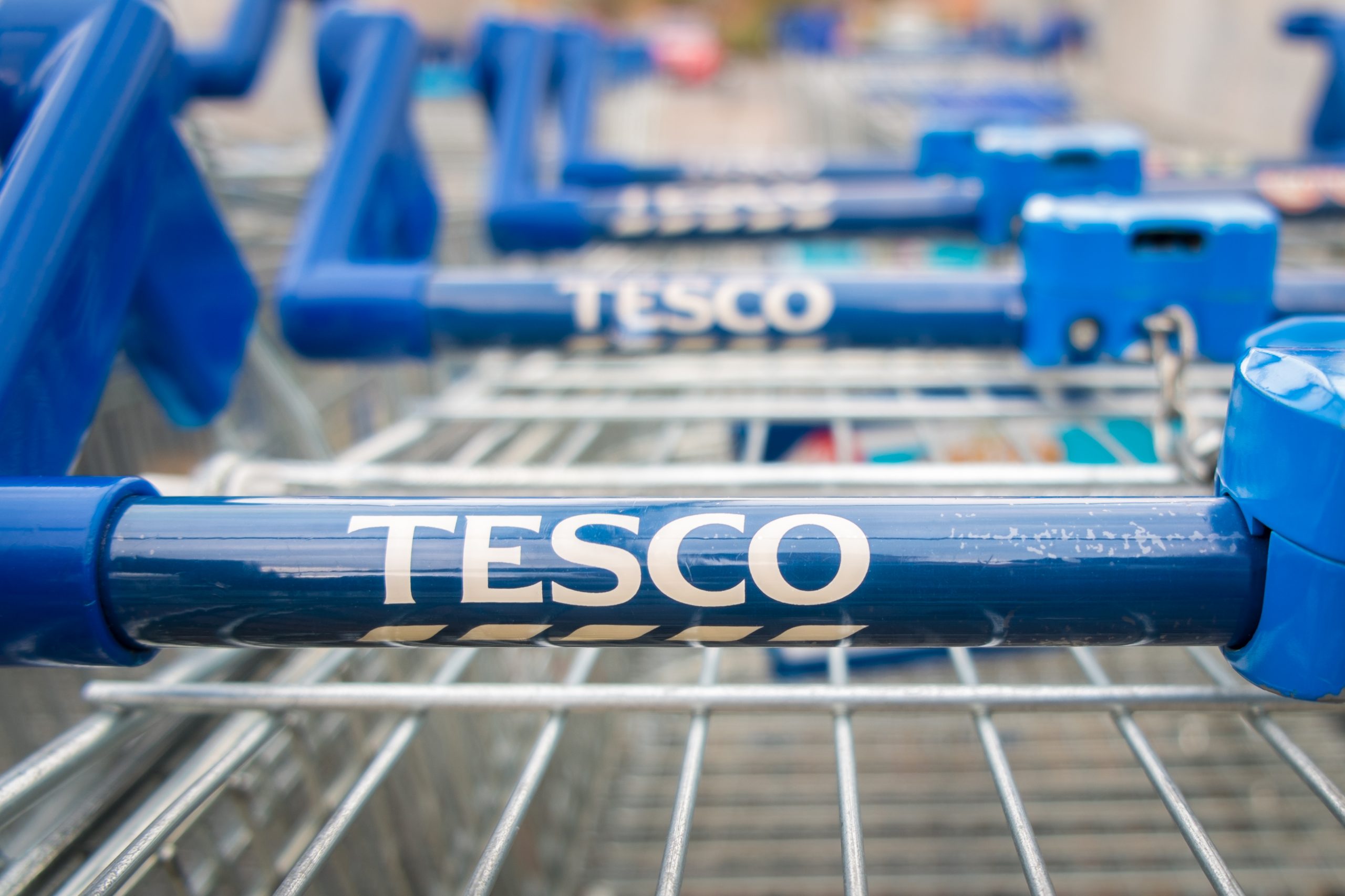Household Bills
‘Incredibly tough year for customers’ sees profits fall 7% at Tesco

Sales at Tesco rose 5.3% last year to £57.7bn but profits for the group fell 7.1% to £2.6bn, it confirmed today.
The boost to sales was largely due to a 5.1% rise in grocery sales while rising inflation also pushed up retail sales.
It has also announced a new price lock on more than 1,000 items until July 5th and dropped milk prices for the first time since May 2020.
Ken Murphy, chief executive of Tesco, acknowledged that it had been “an incredibly tough year” for many customers and said “we have been determined to do everything we can to help”.
There was a £144m fall in retail free cash flow to £2.1bn and a final dividend of 7.05p was confirmed, taking the full year payment to 10.9p. Tesco shares rose 1.3% after the announcement today.
It also said last year it had made its biggest ever investment in wages and staff in UK shops were now paid £11.02 per hour and had access to additional benefits.
Looking forward, it said it expects a “broadly flat” level of profit in 2023 – 2024 with adjusted operating profit of between £130m and £160m.
It comes as Tesco has made several big changes to the way its Clubcard scheme works including making rewards less generous when customers redeem points with third parties.
Price freeze on more than 1,000 items
The supermarket confirmed it was freezing the price of more than 1,000 everyday items until July 5th. It follows on from a price freeze announced at the start of the year.
It is also dropping the price of milk, its most popular product. It said the price of a pint of milk will fall from 95p to 90p while four pints of milk will fall to £1.55, from £1.65.
It said it is also renewing its commitment to 500 British dairy farmers which means the price farmers pay for milk is set independently from the price customers pay in shops.
The rising cost of food has been one of the biggest factors on inflation, which is currently at 10.4%. Shoppers are now facing increased bills of around £840 a year for their groceries.
In response, all of the big supermarkets have launched schemes to attract new customers including price locks, changes to loyalty schemes, and selling discounted food boxes.
Yet the discounters, such as Lidl and Aldi, still remain cheapest, according to Which?.
‘The most competitive we’ve ever been’
Murphy added: “Perhaps most importantly, over the last few years we have fundamentally repositioned our value proposition.
“We are the most competitive we have ever been, with our market-leading combination of Aldi Price Match, Clubcard Prices and Low Everyday Prices changing the way customers perceive value at Tesco.
“I am really confident that by investing to give customers the best possible value and continuing to look after our colleagues, we will create further significant value for every stakeholder in Tesco.”
Sophie Lund-Yates, lead equity analyst at Hargreaves Lansdown, said: “Tesco has seen profits take a knock as inflation means struggling customers are picking up fewer items while prices soar.
“At the same time, the grocery giant is investing heavily in its customer care while times are so tough. While the group is doing what it can to keep prices low, it’s not lost on consumers that grocery inflation remains one of the most painful areas of overall rising costs at the moment.
“That’s where we’ve seen the rise of the discounters, which although much smaller, have forced the main players to up their game. Aldi price matches and other similar campaigns are a stark reminder of how stiff competition is. By some trains of thinking, if you’re having to name your competitor, they’ve already won.”